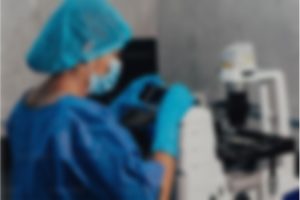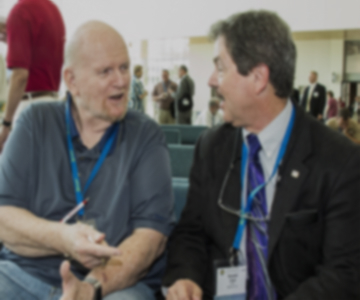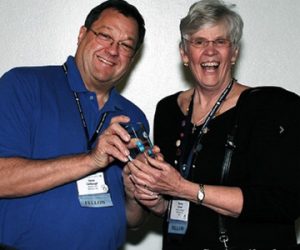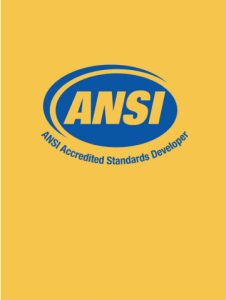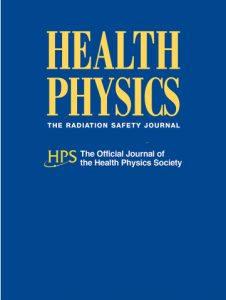1935 — 2014
by David Wehe, PhD, Nuclear Engineering and Radiological Sciences, University of Michigan
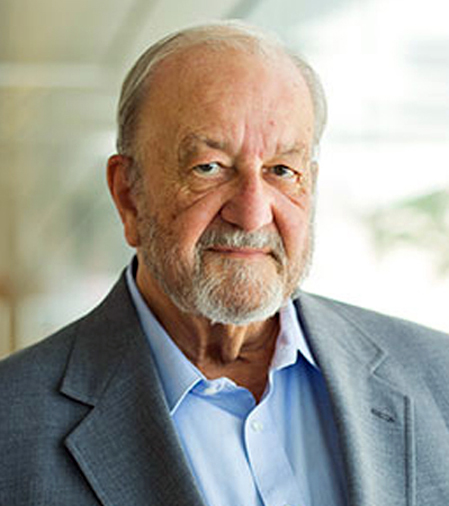
We regret the passing of a leader, mentor, and friend, Glenn Frederick Knoll, professor emeritus of nuclear engineering and radiological sciences at the University of Michigan. Glenn was born to the Reverend Oswald and Clara Bernthal Knoll on 3 August 1935 and died 20 April 2014 in his winter home in Santa Rosa, California.
After earning an undergraduate degree from Case Institute of Technology in 1957 and a master's from Stanford University in 1958, Glenn received his PhD at the University of Michigan in 1963. He then joined the university faculty, where he initiated the new research field of room-temperature semiconductor radiation detectors. While his true calling was teaching and research, Glenn also served as chairman of the Department of Nuclear Engineering and interim dean of engineering. He retired from the University of Michigan in 2011.
A gifted teacher and brilliant researcher, Glenn served as a mentor and role model for generations of students. Colleagues claimed they made careers out of his innovative ideas by applying them to nuclear medicine, radiography, oil-well exploration, nuclear physics, environmental stewardship, and homeland security.
Glenn's contributions have been recognized widely. He was inducted as a fellow of the Institute of Electrical and Electronics Engineers (IEEE), the Institute of Medical and Biological Engineering, and the American Nuclear Society (ANS). He was also honored with the ANS Glenn Murphy Award for Education, the ANS Arthur Holly Compton Award, the IEEE Career Outstanding Achievement Award, and the IEEE Third Millennium Medal. He was a member of the National Academy of Engineering (NAE), contributing after 9/11 to the NAE book Making the Nation Safer. A member of the Health Physics Society (HPS) from 1991 to 2001, Glenn presented at many HPS meetings (most recently in 2011).
Glenn enjoyed the technical fraternity of colleagues and collaborated internationally. He served as an International Atomic Energy Agency program reviewer and taught his radiation detection course on every continent but one. As a journal editor, he was well known and respected. His textbook, Radiation Detection and Measurement, remains the standard reference after four decades and translation into multiple languages.
On the day of his death, Glenn was still as active as ever. He was reviewing proposals and writing white papers to meet imminent deadlines. He sent final ideas for the upcoming Symposium on Radiation Measurements and Applications (SORMA), the international conference that he fathered nearly 50 years ago and that still gathers in Ann Arbor. With his death, we have lost a legendary friend and colleague.
Glenn is survived by his wife, Gladys Hetzner; three sons, Thomas Frederick, John Andrew (Jennifer), and Peter Glenn (Carola); six grandchildren, Andrew, Hannah, Harlow, Lisa, Alexander, and Jane; a brother, Alan Knoll (Ruth); a sister, Marie Kaiser; his in-laws, Judith and David Berger and Virginia and Wayne Hatwich; and many nephews and nieces. One brother, Robert, preceded him in death in 1997. A memorial reception will be held on 9 June 2014 for friends and colleagues, 6–9 p.m. at the University of Michigan in the Vandenberg Room of the Michigan League, in Ann Arbor.
Remembering Glenn F. Knoll
Alan M. Jackson, CHP
I had the pleasure of taking Glenn Knoll's class in graduate school. It was a challenging class and the lab was one of the best I ever had. He was an excellent lecturer and his book is, of course, great. Later in my career I became the health physicist responsible for the engineering campus. Even though I was a former student and he was interim dean and buddy of the University of Michigan president (James Duderstadt), he always treated me as a peer. He always took safety seriously and responded to my concerns responsibly. One day he noticed I had the old version of his book and told me to come to his office to get a new one. I was too embarrassed to come and he later stopped me in the hall and gave me a signed copy of his book with a wonderful note. That book is one of my most treasured possessions.
Kimberlee J. Kearfott, ScD, CHP
How do you measure greatness: scientific works of creative genius, meticulous labor resulting in many superb products—whether conferences or a book of widespread general use, or the production of a small army of leaders in a given field? I maintain that while Professor Glenn Knoll certainly achieved each of those professional measures, he was truly great because of the way he accomplished them. He was kind, ethical, straightforward, and honest.
Dennis A. Palmieri, MPH, JD
I would have liked to begin by not having to begin at all. I wish we were still blessed with the presence of this giant in the field of radiation detection, nuclear engineering, and health physics. I came to know Professor Glenn Knoll when I was a student in his radiation instrumentation class back in 1978. The class had the reputation of being daunting to those of us with biology degrees. We quickly learned, though, that Dr. Knoll had the rare ability to talk clearly at our level without being patronizing. When most professors barely knew a student, Dr. Knoll always greeted us by our first names with a smile and a joke. I left that class withf a more comprehensive and practical understanding of the class material than I'd ever had from any course. Later, when I worked for the University of Michigan Radiation Control Service, Dr. Knoll sat on the University's Radiation Policy Committee and provided wise and unbiased counsel. He was a conscientious researcher who put the principles of safe use and ALARA into his everyday research. There are few instructors who can reach out and leave a mark on everyone they've taught or collaborated with. Glenn Knoll was one of those people. I congratulate you, Glenn, on a life well-lived, a life of achievement and accomplishment, and for showing me your gracious kindness and wisdom. You'll live on within us and forever remain a giant in our field. Rest in peace.
Karl Fischer, CHP
Professor Knoll was instrumental in turning around my academic career in nuclear engineering (and health physics). Before I took his course, I was overwhelmed by quantum mechanics and wave-tunneling theory. I wondered why I'd been fascinated with radiation since junior high. But Professor Knoll's course reignited my passion, helped me understand instrumentation, and gave me confidence and inspiration. For 20 years, I've recalled fondly his light-hearted joking about my over-shielding of an airport contraband neutron activation detector (during a group term project presentation). As a student, I hated asking for recommendation letters, and his was one of only two I ever requested from a professor. Even though he was an icon in his field and had many students come through his classroom each year, he wrote my letter as if he'd been familiar with my strengths for my entire college career. Not only did his letter help me get my first health physics job, but it made me feel like I had a unique talent. He was the most affable, approachable professor I ever had, and I will always be grateful for the confidence he gave me to pursue my degree and career interests.

